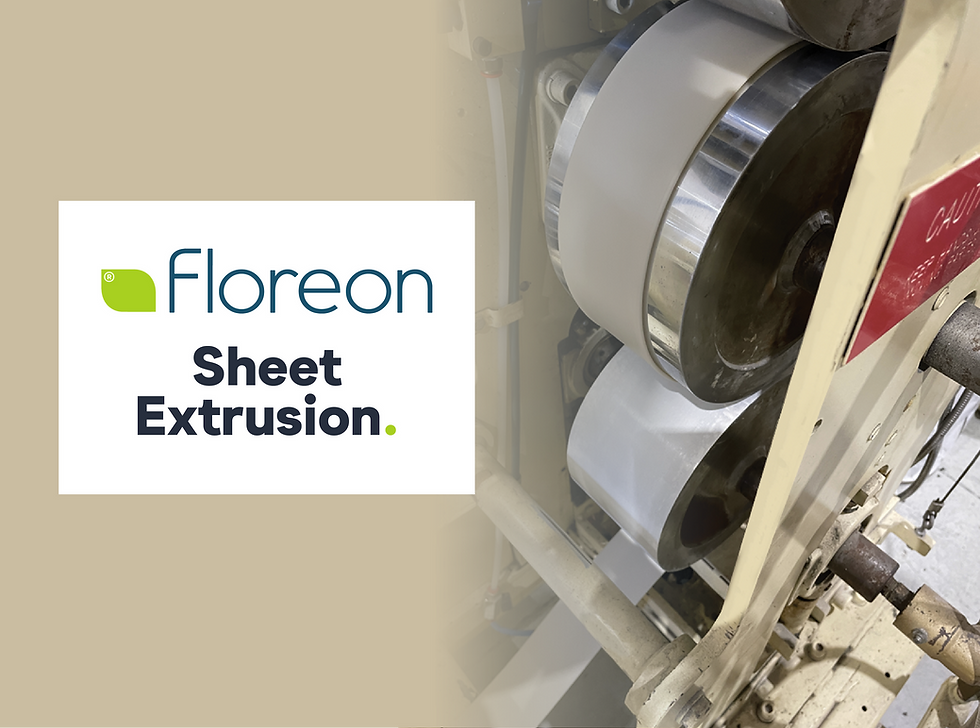Are coffee capsules contributing to plastic pollution?
- Alison Evans

- Feb 16, 2021
- 2 min read
Updated: Jul 20, 2021
95 million cups of coffee are consumed in the UK daily.
Undoubtedly, coffee capsules are convenient, but that certainly comes at a cost to the environment. They are often made from non-degradable plastic or aluminium, with organic waste stuck to the material on disposal which makes them difficult to recycle easily and economically.

Although some capsules have the recycling symbol on them, little is known about the difficulty of recycling the pods and they are generally not accepted by local recycling sites. Consequently, they often end up in landfill.
Even though Nespresso first started selling coffee pods in 1986, it has only been in recent years that the spotlight has been on the detrimental environmental impact they are having. Because of this, Nespresso allow customers to send pods back to them to recycle, and Dulce Gusto and Tassimo have developed their own recycling schemes. Whilst this is a step forwards, it is unlikely that most consumers will make the effort to take advantage of this when looking for a convenient cup of coffee. And if you need any further convincing, 1 in 10 Britons believe coffee capsules to be damaging to the environment. From the point of view of building awareness, this is an encouraging result because overtime awareness can transform into positive change and at Floreon, positive environmental changes are at the core of what we do.
There is an argument that recycling is not the solution, but rather the reduction in waste. That is, to cut down on how much we use and the amount we rely on these small conveniences that exacerbate plastic pollution. Either way, the number of consumers expecting coffee capsule brands to take environmental responsibility is increasing rapidly.
At Floreon, we exist to replace the traditional plastics commonly used today with our plant-based formulation that has the potential to be composted as well as recycled. If you would like to help us revolutionise coffee capsules, we would welcome your contact.



Comments